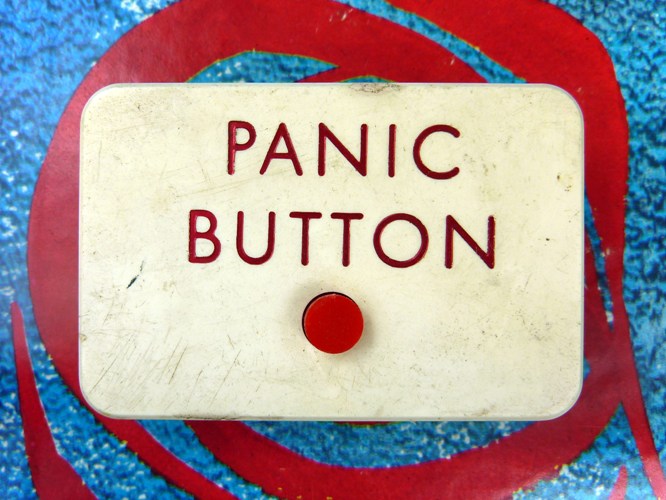Bitcoin proponents claim that due to the lack of intermediaries on the blockchain the cryptocurrency economy is frictionless. That’s not so, argue researchers of the Federal Reserve Bank of New York.
If there were no frictions in the bitcoin economy, an arbitrageur would be able to make a profit on the difference in the bitcoin price at several exchanges, claim Alexander Kroeger, a research analyst in the Bank’s Research and Statistics Group, and Asani Sarkar, assistant vice president of the Bank’s Integrated Policy Analysis Group.
However, this does not happen, although BTC-E exchange shows a constantly lower price for bitcoin than Bitstamp or Bitfinex (the average difference is about 2% of the BTC-E price). The reason why making money on this difference is impossible is that all the three exchanges charge considerable fees for transactions and for depositing/withdrawing of traditional fiat currencies.
Another reason is connected with the infamous bitcoin price volatility. Depositing dollars on BTC-E takes five to ten days. Over this time price of the cryptocurrency can change dramatically, eliminating the profit one might expect from the difference in the exchange rates.
In addition, taking into consideration the risk of fraud and exchange collapse, both of which quite happen in the bitcoin economy, it’s no surprise that arbitrageurs don’t actively play on the differences between exchanges.
And, no need to say, exchanges are an essential part of the whole ecosystem. In fact, here they have an even greater role than exchanges in the fiat world. Due to the volatility of its price, bitcoin cannot be effectively used to preserve value, claim the authors, so companies would rather quickly buy and sell the currency than keep it for a long time. And this means more work for exchanges. Actually, some major corporations that nominally accept bitcoin, such as Microsoft, Dell and Expedia, do not receive it at all: instead, they receive dollars from intermediaries, such as BitPay and Coinbase, which deal with bitcoins paid by clients.
So the reality differs from the vision of the frictionless peer-to-peer electronic cash system exposed by Satoshi in his white paper. But frictions in the bitcoin ecosystem still remain lower than those of the fiat economy. This counts especially for the ordinary user: transactions with bitcoin are still quick and seamless when they don’t require the involvement of a cryptocurrency exchange.
Andrew Levich

















